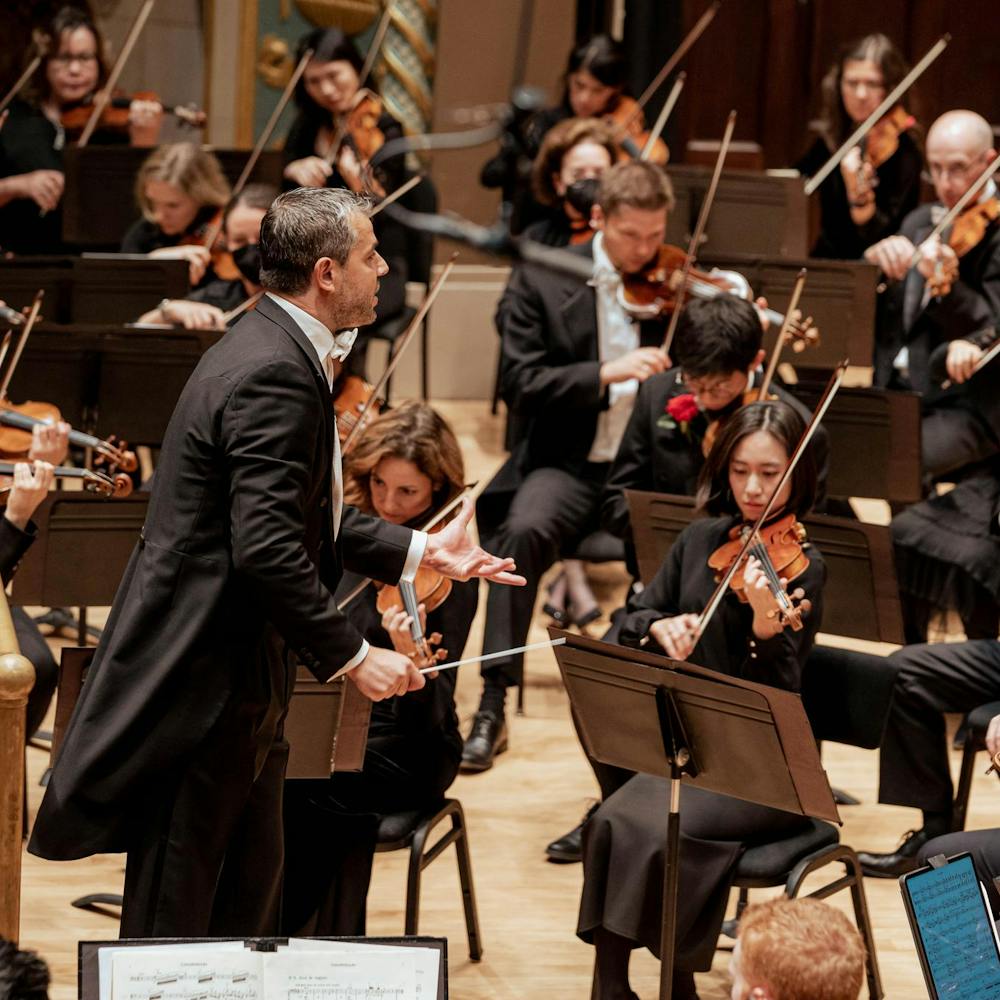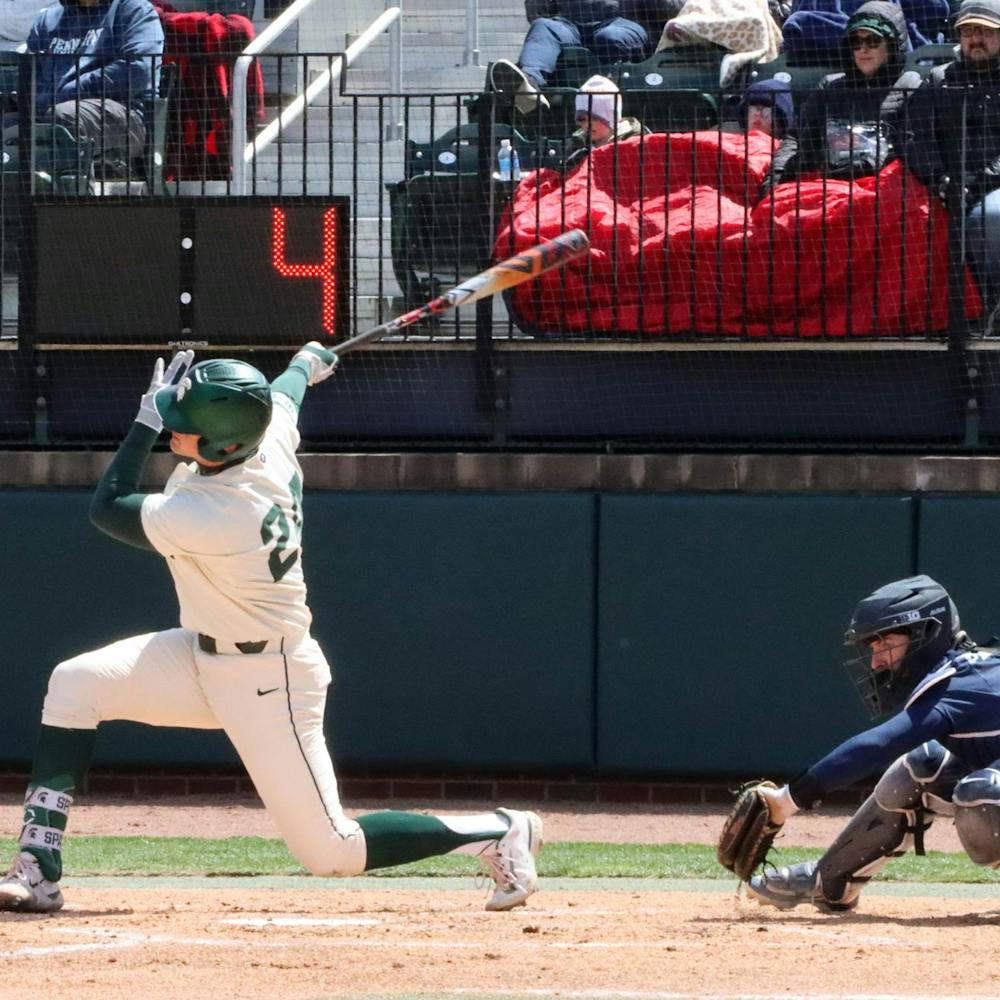Visit any local grocery store and you’ll find a seemingly endless spread of some of the world’s finest fish, ready for purchase.
To the average consumer, the variety and abundance of fish appears to have never been greater — and that’s the problem, said Bill Taylor, an MSU professor of fisheries and wildlife.
Taylor’s lecture Tuesday afternoon at the International Center, titled Sustainable Fisheries: Multi-level Approaches to a Global Problem, spawned a discussion about how overfishing severely affects the cultural, economic and ecological environments around it, Taylor said.
Fishing is the No. 1 export of developing countries in the world and unchecked regulations have led to 80 percent of the worlds’ fisheries being designated as exploited, which means the government no longer allows fishing in the body of water to allow the fish to repopulate, Taylor said.
The Somalian “pirates” were former fishermen who had been put out of work by larger fishing companies moving into their waters and catching most of the fish, he said.
“Fisheries are in a state of disarray,” he said.
“Talking about the importance of fish is an icon of how well humans are living with the environment — of how well we’re doing.”
To combat the world’s rampant overfishing issues, the United Nations needs to hold a fisheries conference to address the problem and gain public support to protect waterways, said Abby Lynch, a fisheries and wildlife graduate student who assisted Taylor with the lecture.
“The fisheries science is very strong, but implementing that into governance is a difficult part of the bridge,” Lynch said.
“I don’t think anyone wants unsustainable fisheries, and they’re not aware of how their actions are affecting future generations of fish and people.”
Governments need to cooperate and regulate how fish are caught, Taylor said.
Although governmental regulations will negatively affect the fishing business, it will prevent overfishing and the possible elimination of fish species.
“It’s always hard to put somebody out of business,” Taylor said.
“(But) in order to restrict coverage, that means you’re going to also have to restrict how many boats can be available.”
Fish play a significant role in both the economy and the ecosystem, said fisheries and wildlife graduate student Kyle Molton.
Molton attended the lecture to indulge his lifelong interest in fish, and said fishing is a great asset to the local economy.
“We are the Great Lakes state,” he said.
“It’s food, it’s fun, it’s everything you’ve ever wanted. If we could take care of it, then it’s there for the future.”
Support student media!
Please consider donating to The State News and help fund the future of journalism.
Discussion
Share and discuss “Fishing regulation vital for ecosystem” on social media.



